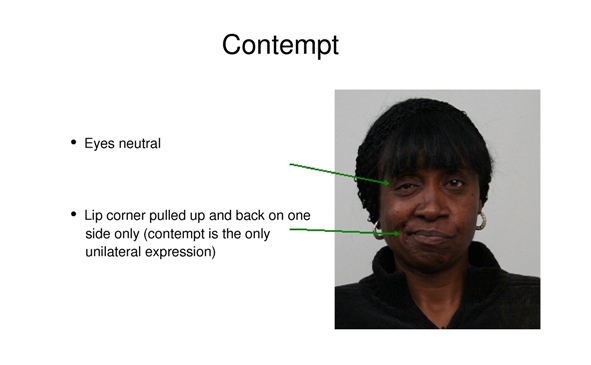Guest Blog by AnnMarie Baines, Executive Director of The Practice Space
Public speaking can be terrifying, especially if you don’t do it often.
If you have ever felt short of breath, sweaty palms, and nauseous at the thought of speaking in front of others, you aren’t alone. According to the National Institute of Mental Health, over 15 million Americans suffer from social anxiety, which affects men and women equally and tends to begin by age 13. The fear of public speaking falls under the category of “communication apprehension”, which is fear or anxiety experienced by a person due to real or perceived communication with another person.
For the youth and adult students at our El Cerrito-based non-profit, The Practice Space, it is worth facing the fear because it is so essential to self-advocacy, being heard, and feeling represented, especially for voices that are historically underrepresented. (Watch our students express their fears below)
As highlighted by Louisiana State Professor of Communication Studies, Graham Bodie, in his review of studies about the fear of public speaking, our fears can be divided into two categories. Sometimes, the fear of public speaking is part of a general trait, a tendency to experience anxiety related to any kind of communication. Other times, it depends on the state, where our anxiety occurs only in specific situations and time. In terms of situations that raise our anxiety, Psychology Today says this depends on whether we are being evaluated, whether there is a substantial difference in status or power, whether the ideas we’re communicating are new to us, and whether we are speaking in front of a new audience.
Take comfort in the fact that you are not alone. It helps to practice and build your self-awareness of what situations make you the most nervous, so that you can hopefully anticipate these feelings in the future and do your best to prepare for them. For students at The Practice Space, this involves a lot of reflection, analysis of past experiences, and for one student, “I choose to rise above it, rather than let it inhibit me” (for more student stories about fears, listen to our podcast).
This is all easier said than done, but try practicing a few coping tips at home to see what works for you:
- Fear of Evaluation or Judgment: If you fear judgment from others, it helps to do research on your audience and what content they might find most relevant and relatable. Anticipate where the audience might get stuck or frustrated and work that content into your talk. At the end of the day though, it is always best to speak about what most excites you! Don’t script your content, but instead outline the flow of ideas so you can focus on the big picture of what is exciting about your content. Once you get up there, try to find the “nodders”, or the people who look eager to hear your ideas — there’s always at least one!
- Uncertainty: If what scares you is feeling unfamiliar with the situation, content, or audience, make sure you ask questions ahead of time. If you can, try to gather information about how your talk fits in with everything else, how many people will be attending, what the seating and sound situation is like, and where you are expected to stand. Come up with a warm-up routine that you always do so that you feel some sense of control. Talk to the people around you and get used to chatting with them and build a personal connection before you have to give your talk.
- Difference in Power: When we have to speak for audiences that we find intimidating, we always have to remind ourselves that people are just people. Reduce the pressure to prove yourself and be kind to yourself — you don’t have to know everything. You can ask questions to learn and you have expertise to offer. In fact, good communicators are genuinely curious about other people!
- Negative Personal Thoughts: We are our own worst enemies. Instead of beating yourself up for feeling nervous, think about what you are proud of and what you are excited to talk about. Get excited and pumped! Put things in perspective — in reality, the speech is usually over in less than an hour, or even a few minutes. It is okay to pause in the middle of your speech and silences are actually a good thing, especially to reduce the risk of stumbling and let the audience process your message. In terms of general coping, go back to the basics: breathing, sleep, food, and water. It’s hard to conquer fears when your body is deprived! Many of our students also sing, listen to music, meditate, laugh, and even bring “secret weapons” on stage (like a lucky charm, favorite outfit, or special shoes to make them feel secretly powerful).
Facing your fears starts with creating small practice experiences for yourself where you can find early success. Setting small, manageable goals is key to starting to build that self-awareness of what you need and what routines you can begin to internalize. Even when it feels overwhelming, it gets easier.
 Emotions shape much of our lives, so it would make sense that they impact how we handle political discussions as well.
Emotions shape much of our lives, so it would make sense that they impact how we handle political discussions as well.